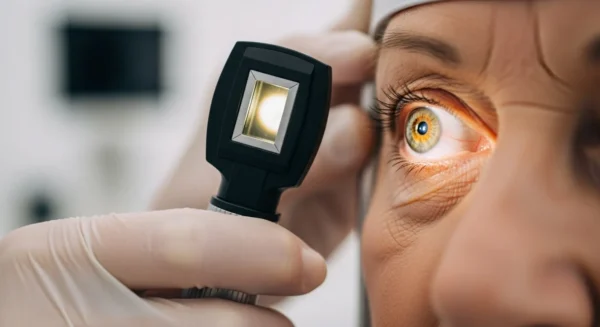
Key Signs It’s Time to Consult a Doctor
Your skin care routine is an excellent tool for health maintenance, but it is not a substitute for professional medical care. It is vital to know when a skin issue requires the attention of a physician or a dermatologist. Do not delay in seeking professional advice if you notice any of the following red flags.
Always consult a doctor if you observe:
- A Mole or Spot That Changes: Use the “ABCDEs” of melanoma as a guide. See a doctor if a mole is Asymmetrical, has an irregular Border, changes in Color, has a Diameter larger than a pencil eraser, or is Evolving (changing in any way—size, shape, texture, or if it starts to bleed or itch).
- A Sore That Does Not Heal: If you have a cut, sore, or rough patch that doesn’t heal within a few weeks, it needs to be examined. This can be a sign of certain types of skin cancer.
- Persistent Itching or a Rash: While often caused by dry skin, severe or persistent itching that doesn’t resolve with moisturizer could indicate an underlying condition, such as eczema, an allergic reaction, or even an internal health issue.
- Unexplained, Widespread Bruising: As we age, our skin becomes thinner and we may bruise more easily. However, if you notice frequent, large bruises appearing without a clear cause, it’s important to mention it to your doctor, as it can be a sign of other medical conditions.
- Painful Blisters, Growths, or Lumps: Any new growth on or under the skin that is painful, growing rapidly, or seems unusual should be evaluated by a healthcare professional immediately.
- Signs of Infection: If a cut or sore becomes increasingly red, swollen, warm to the touch, or starts draining pus, it may be infected and require medical treatment.
Regular skin checks are a proactive part of your health care. The Centers for Disease Control and Prevention (CDC) advocates for preventative health screenings for older adults. It is highly recommended to have a full-body skin examination by a dermatologist at least once a year, or more frequently if you have a history of skin cancer.
—















